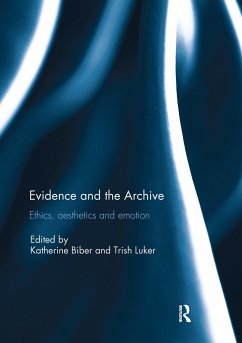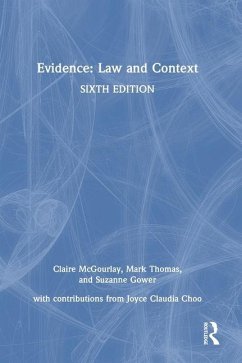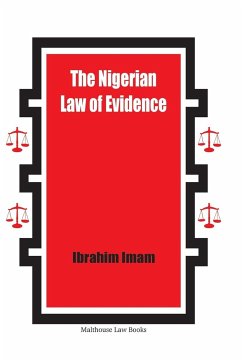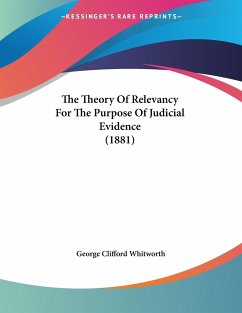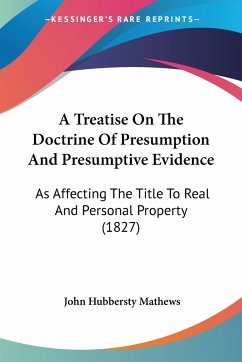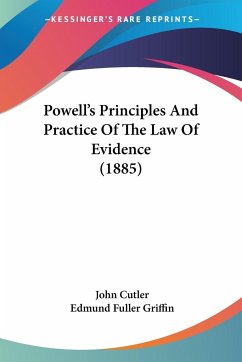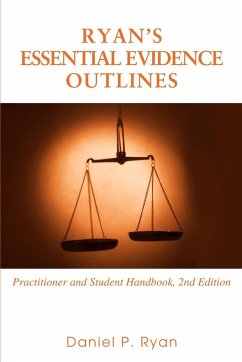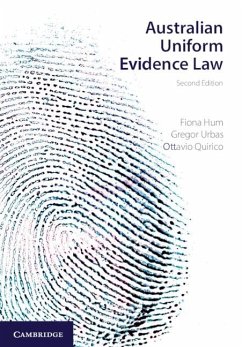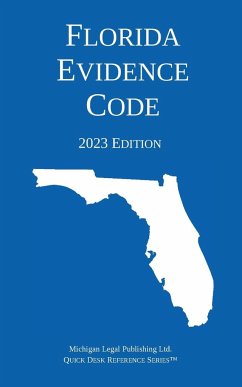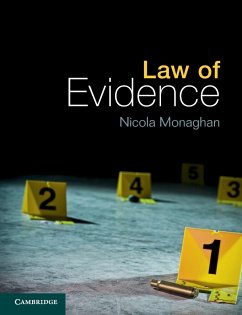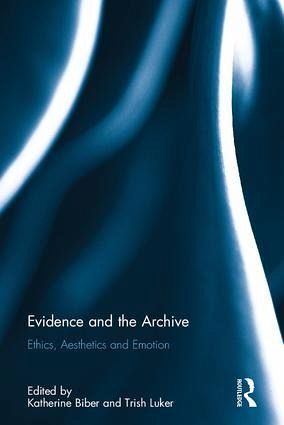
Evidence and the Archive
Ethics, Aesthetics and Emotion
Herausgeber: Biber, Katherine; Luker, Trish
Versandkostenfrei!
Versandfertig in 1-2 Wochen
156,99 €
inkl. MwSt.

PAYBACK Punkte
78 °P sammeln!
This collection explores the stakes, risks and opportunities invoked in opening and exploring law's archive and re-examining law's evidence. It draws together work exploring how evidence is used or mis-used during the legal process, and re-used after the law's work has concluded by engaging with ethical, aesthetic or emotional dimensions of using law's evidence.





